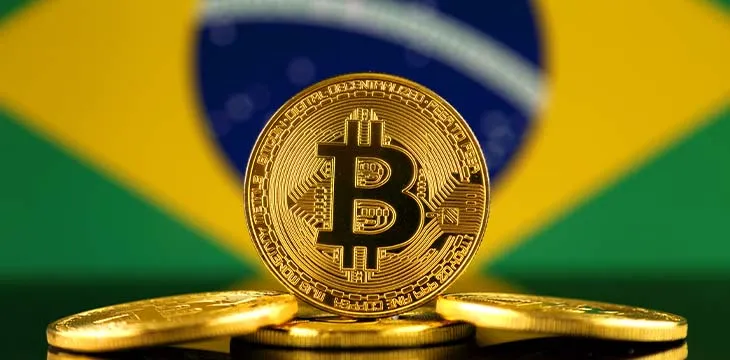|
Getting your Trinity Audio player ready...
|
The Brazilian Chamber of Deputies halted voting on a digital currency bill that was to be held this week until after the round of presidential elections in October.
According to a report by Brazilian news outlet InfoMoney, the bill has been postponed after the lawmakers disagreed on the final version that should be voted on. Citing persons familiar with the matter, the report notes that the two articles of the bill are the source of the decision deadlock.
The first article requires digital assets exchanges to keep their assets separate from those of consumers. The second article directs exchanges to already have an Employer Identification Number (EIN) in Brazil for tax purposes before applying for a license to operate in the country.
These articles were removed from the Chamber of Deputies’ original text by Congressman Expedito Netto (PSD-RO). The congressman was in charge of presenting the bill in the lower house when it was voted on back in April.
Significantly, the articles have also caused a divergence of opinions among stakeholders in local and foreign exchanges. On the one hand, many local exchanges defend the Senate’s original text that includes the articles. Foreign exchanges like Binance and Bitso welcomed Netto’s proposed changes.
Debates and consultations on the bill will resume after the October presidential elections in which President Lula da Silva is still the frontrunner, according to recent polls.
If passed, the bill will give the executive oversight powers over digital assets firms. It will also introduce strict sentences for digital assets fraudsters. The bill was first tabled and unanimously passed by the Senate’s Economic Affairs Committee in February.
Brazil’s strides in regulating digital assets
Digital assets have been gaining popularity among Brazilians. The rise in demand also brought about the proliferation of high-profile digital assets scams over the years, coupled with concerns over the market’s volatility.
This has largely prompted the government to regulate the asset class. This year has been a breakthrough year for the government’s regulatory efforts. Several bills to regulate the market have made significant progress in the House.
One such regulation is the requirement for all kinds of digital assets transactions—including those that do not involve fiat currencies—to be taxed. Similarly, a bill that proposes to allow the use of digital in paying for goods and services is also making progress.
Watch: The BSV Global Blockchain Convention panel, Blockchain for Government Data & Applications
https://www.youtube.com/watch?v=ggbZ8YedpBE&t=30603s

 07-03-2025
07-03-2025 





